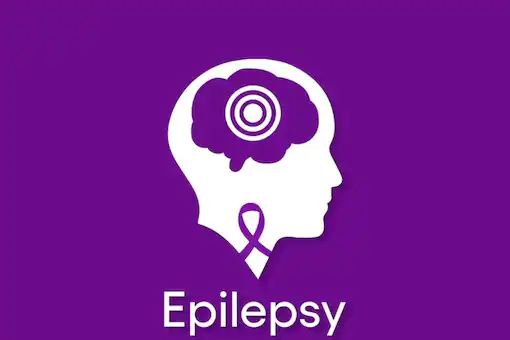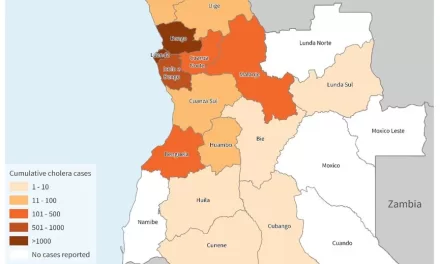February 12, 2024 – On International Epilepsy Day, experts have highlighted the urgent need for tailored care and support for the nearly 1.5 million women of reproductive age in India who are grappling with epilepsy.
Epilepsy, a neurological disorder characterized by recurrent seizures, affects approximately 50 million individuals worldwide, with a significant portion residing in India, where 10-12 million people are affected. The staggering number of women affected underscores the critical need for specialized care and intervention.
Dr. Siby Gopinath, Epileptologist and Professor of Neurology at Amrita Hospital, Kochi, emphasized the treatment gap in managing epilepsy, particularly in low-resource settings like rural areas of India. He stressed the importance of addressing concerns related to reproductive health, including teratogenic effects from antiepileptic drugs (AEDs) and increased infertility rates, which are significant challenges faced by women with epilepsy.
Social stigma and reluctance to seek medical intervention often hinder women from accessing the care they need. However, experts emphasized that proper treatment can help women lead normal and healthy lives.
Dr. AK Sahani, Director and Chief of Neurology at Indian Spinal Injuries Centre (ISIC) New Delhi, highlighted the importance of collaboration between neurologists, gynecologists, and pediatricians in managing medications during pregnancy and addressing seizures promptly. He stressed that women with epilepsy can plan pregnancies if they have been seizure-free for two years or more, with medication adjustments made under medical supervision to minimize risks to both the mother and the baby.
Dr. Amlan Mandal, Senior Consultant in Neurology at Narayana Hospital RN Tagore Hospital, outlined the comprehensive approach to diagnosis and treatment, which includes medical history, physical examination, and various investigations such as EEG, CT, and MRI scans. Treatment options include anti-seizure medications and, in cases of drug-resistant epilepsy, surgical interventions such as brain tumor removal or Deep Brain Stimulation (DBS).
The experts emphasized the importance of raising awareness about epilepsy and addressing the unique challenges faced by women with the condition. They underscored the need for collaborative efforts to ensure that women with epilepsy receive the necessary medical attention and support to lead fulfilling lives.












